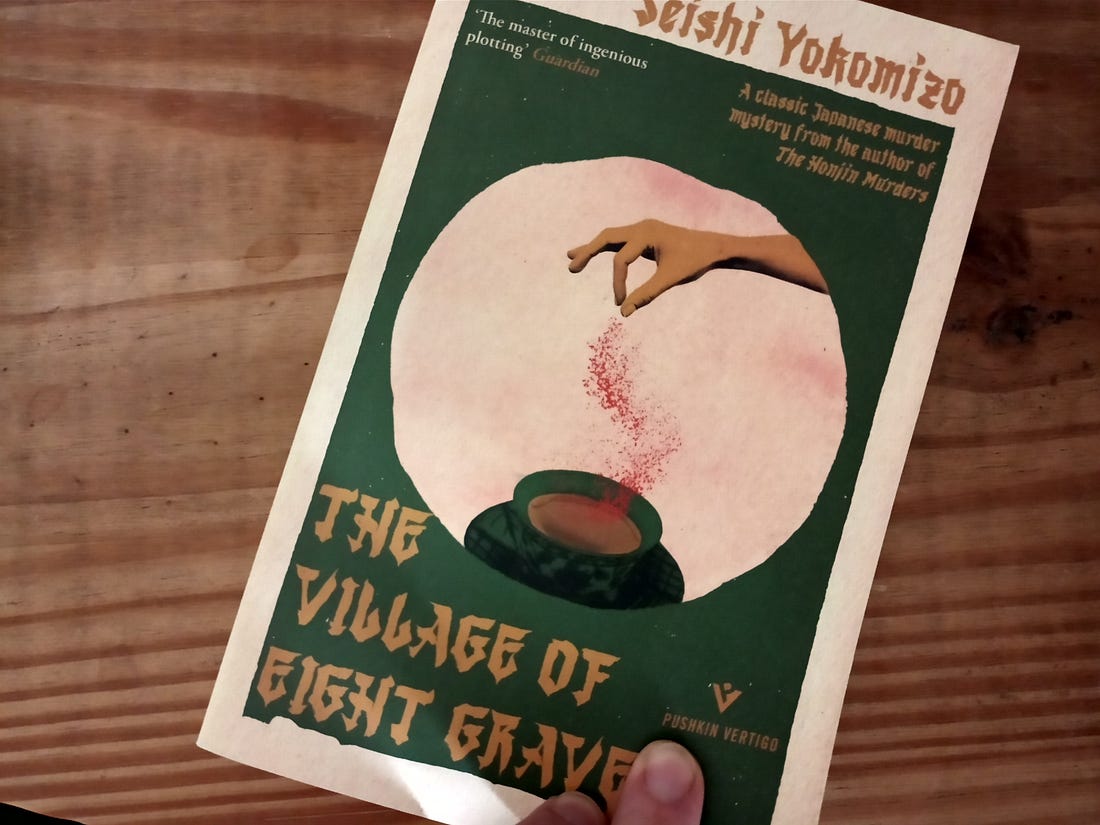This post can also be read on my Substack, Stray Bulletin.

DIARY
I’m elbow-deep in preparation for the new teaching semester, trying to work out how much I want to depart from those approaches to poetry teaching I’m familiar with. I’ll also be teaching plays and publishing, but here I’m more content to work within the existing templates I’ve been given (or rather, more ginger about carving out my own path). Where poetry is concerned, I feel some disenchantment with the practice of showing examples of a form or genre to students, discussing the rules with them, and then asking them to construct an imitation. I’d like to teach them to use poetry as an explorative tool – that is, to get them to think of what is beyond the poem and to use the poem as a way of reaching that. Easier said than done. Perhaps this is not so much disenchantment with existing techniques (after all, we teach the use of tools by first asking students to perform simple actions with them) as it is a desire to break down preconceptions as quickly as possible, since so much beginner poetry seems concerned with the idea of being ‘poetic’ (as a stance, as a pose) or with reframing what is already known. I would like students to embark upon writing poetry with the notion that it leads to discovery, that it is like following a trail in a strange land. That way, its practice has uses beyond that of becoming a poet.
FICTION
I’m currently reading The Village of Eight Graves by Seishi Yokomizo (translated by Bryan Karetnyk), the third Kosuke Kindaichi mystery to be released in English by Pushkin Vertigo. It was originally published as Yatsuhakamura in 1950, and made into a spooky film in 1977 (no English version available, as far as I know). One thing I’m enjoying, just one chapter in, is the minor obsession the main protagonist has with weighing his experiences against what one might expect from a work of fiction, as if he himself is not a character in a work of fiction. Here is a passage that (unintentionally, I think) made me laugh:
“After Mr Suwa left, we sat together in silence for a long while. It wasn’t at all like it is on the stage or in novels. Although we were blood relations, there was no outpouring of heartfelt emotion; instead, the fact of our being related made it only more awkward, as it meant we couldn’t fall back on pleasantries. At least, that was how I interpreted my grandfather’s long silence at the time. Unbeknownst to me, however, he was in fact experiencing such excruciating pains in his stomach that he couldn’t talk.”
CONTROVERSIES
Nick Buckley MBE was one of the ‘stars’ of Twitter yesterday, for a boilerplate ‘old man speaking his mind’ routine. From a quick skim of his feed, most of his opinions are the usual white-van-man fare, but it was a couple of Substack posts about men being the ‘real victims’ of women’s sexual superpowers that made him a brief sensation. The ridicule heaped on him, however, is almost as frustrating as his own skewed logic.
There is, after all, real pain behind his tenuous claims. Like many men, he clearly feels a mixture of humiliation, confusion and paranoia when faced with dress styles that accentuate women’s sexual features – as if he is being taunted. The message behind such dress styles, he implies, is something like “I am sexually available to a suitable man of status – so try harder, menial worker”. He says this is deliberate provocation, that it’s women’s choice and women’s fault. In return, he is told that it’s actually men’s fault, and specifically his own problem if women in sexy clothes make him feel small.
The truth is surely that no one involved in this game is fully in command of their choices or feelings. We all participate in, to differing extents, a system in which men are expected to compete for status and women are expected to offer themselves as a reward for that status in exchange for security. That’s more-or-less what defines patriarchal culture – power resides with men, but not evenly. All of us are made agents of that power by our being trained in ritual behaviours. Boys who brutalise girls, women and other boys don’t consciously do it for the sake of upholding this system, and neither do women (or men, for that matter) who dress to accentuate certain features of themselves. But that is, nevertheless, why these rituals are so deeply embedded.
So Nick is right, in a sense, that women actively participate in their own sexual objectification, but entirely wrong to suggest that men are mere bystanders, let alone comparative victims. We’re all brought up to enact these routines. Even though they damage us, often irreparably, the punishments we face for rejecting them completely are also severe. The hard work many undertake, therefore, is to transform them, through subversion, into a means of resistance. So there is little use in continuing to talk about the rights and dignities of men and women as if it were a competitive team sport, the one taking from the other.